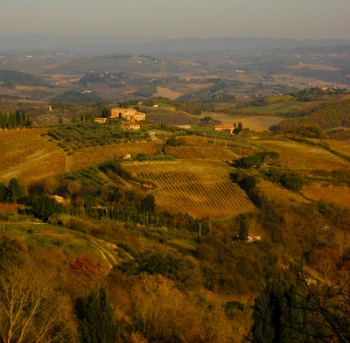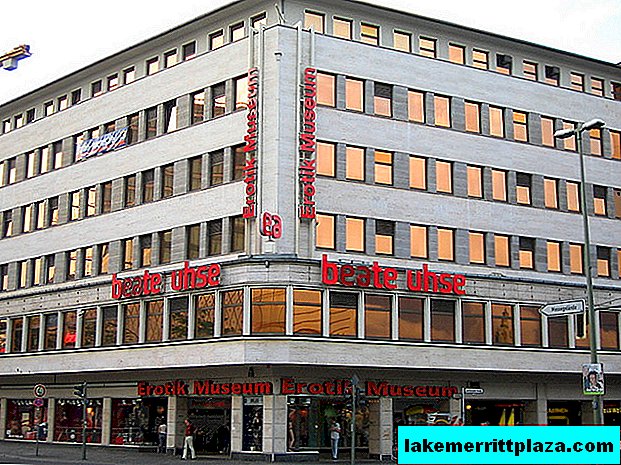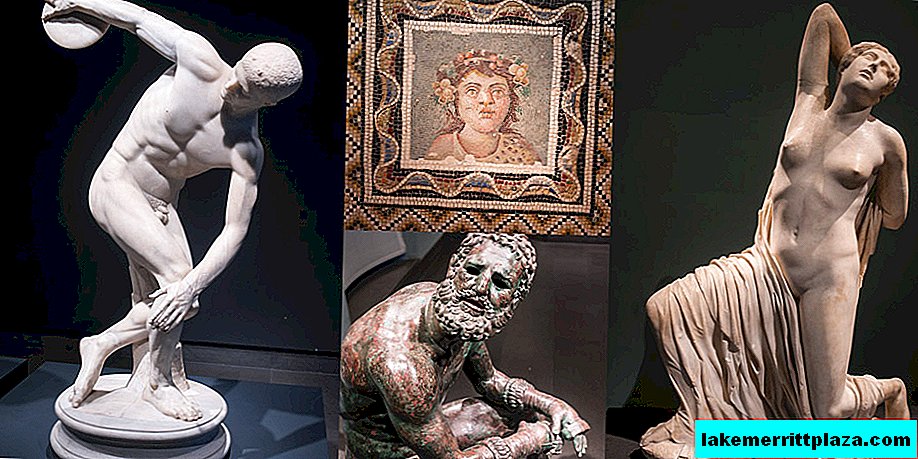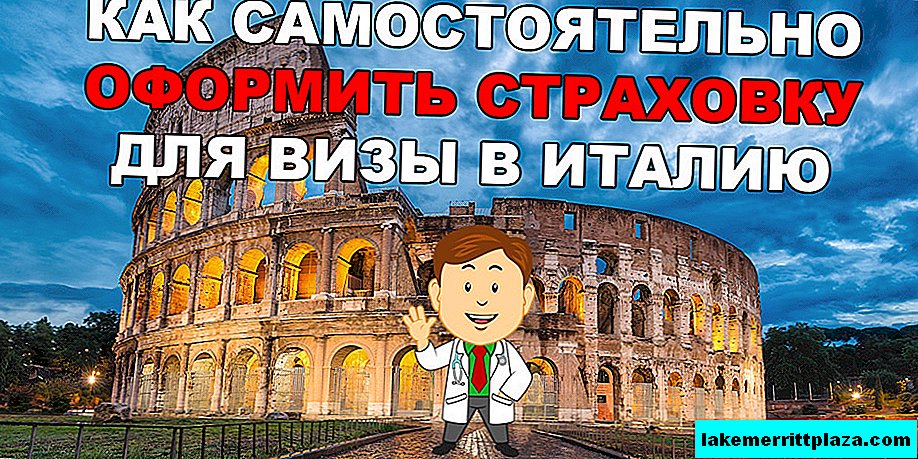The Italian authorities seized 50 kilograms of insects intended for guests of a fashionable restaurant in Milan.
Almost half a centner of insects, including wasps and worms, were seized by the Italian authorities in one of Milan's restaurants offering a very exotic menu. La Sidreria, a Milanese establishment, ready to treat its visitors with dishes of not quite European cuisine, made up a whole menu with insects, asking for a full “lunch” 30 euros. So, the following items were offered to the attention of restaurant guests: "Meatballs with black rice and worms", "Muffin with cheese and crickets", as well as "Salad with an apple and a mix of insects."
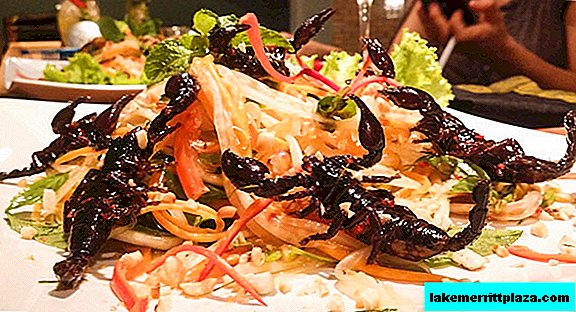
The owner of La Sidreria admitted in an interview that it was his idea to create a unique menu for Milan, and the whole of Italy. The man is sure: insects are the food of the future. He confirms his words with the results of recent studies conducted by the World Food and Agriculture Organization (Food and Agriculture Organization).
Eating insects
It is worth noting that some gastronomic establishments in Europe quite successfully feed their visitors with numerous varieties of insects. The chef of a restaurant located in one of the cities on the French Riviera noted that he began to include in the wasps, bees, worms and other creeping and stinging creatures last year, while his colleague from Berlin practiced this in 2011.
The World Food and Agriculture Organization has been studying the beneficial effects of eating insects since 2003. And its representatives have repeatedly stated that the "edible" insects (and there are almost 1,900 species), contain a huge amount of proteins, vitamins, and amino acids, which are very useful for the human body.
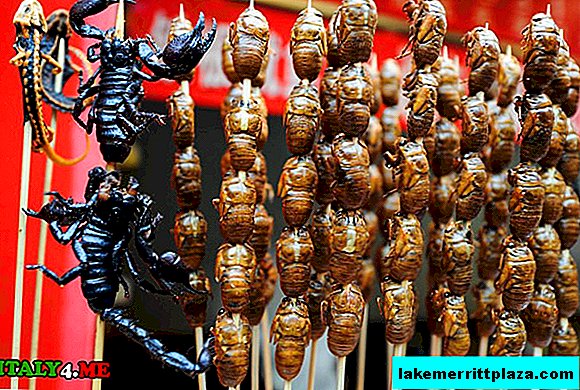
EU norms do not prohibit the sale of insects to residents of a country, but the authorities of a state that is part of the European Union have the right to impose a ban on implementation if they consider that it threatens the health of the population. It was this right that the Italian authorities took advantage of, deciding to confiscate 50 kilograms of insects, most of which were bees, wasps, scorpions and silkworms.
The local public health control committee has confirmed that doctors found the use of the above insects dangerous. "Insects can be carriers of harmful microorganisms, parasites. In addition, they can be treated with chemicals that can cause an allergic reaction."
It is worth noting that the seized "products" were purchased by a Milanese restaurant on one of the farms in northern Italy and practices selling insects as animal feed.
By the way, if you are not impressed with dishes with insects, you should familiarize yourself with amazing dishes of Italian cuisine, which not every stomach can cope with.

